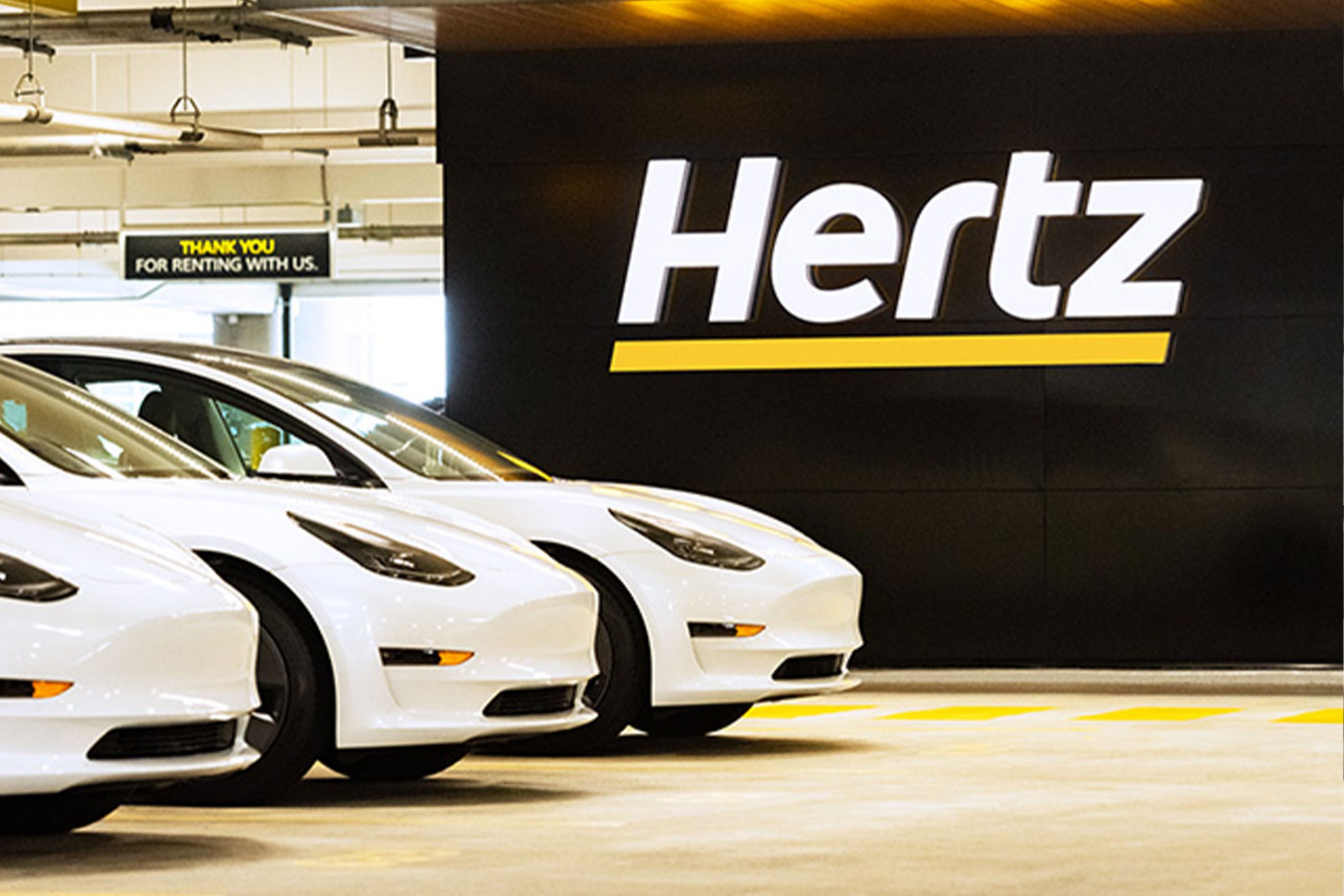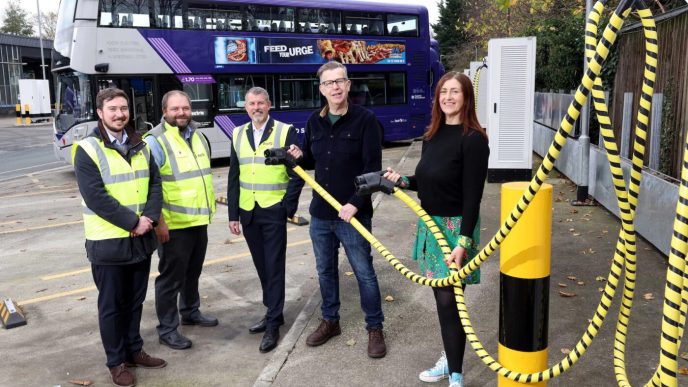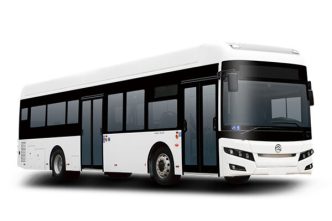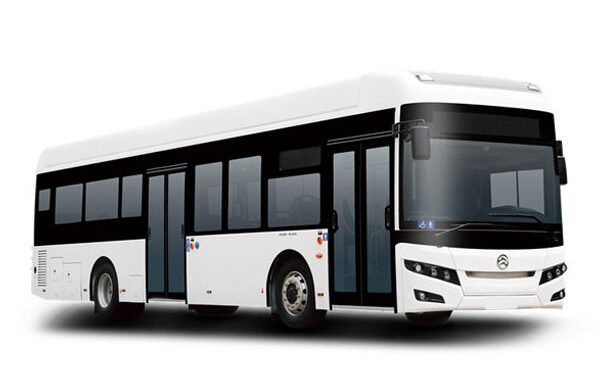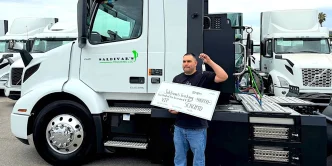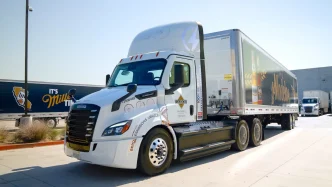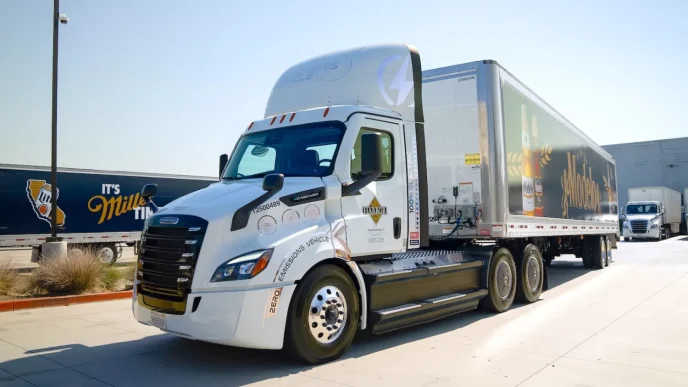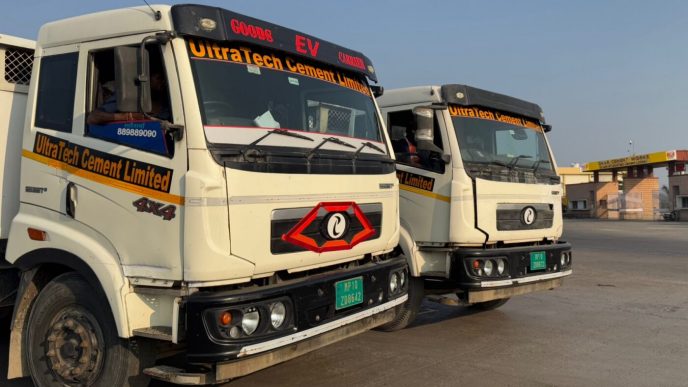Hertz Global Holdings revealed during its Q3 Earnings Call on Tuesday that it continues to grapple with financial impacts from its significant electric vehicle (EV) purchases. The company’s investment, including the high-profile acquisition of 100,000 Tesla EVs for $4.2 billion in October 2021, has seen considerable depreciation, driven in part by recent price cuts to Tesla’s lineup.
The 2021 purchase was initially intended to modernize Hertz’s fleet with sustainable powertrains, capitalizing on Tesla’s established presence in the EV industry. However, reductions in Tesla’s vehicle prices subsequently diminished the value of Hertz’s fleet, creating financial strain. Hertz has since initiated large-scale EV sales, including vehicles from Polestar, to mitigate its losses. In January 2024, Hertz made the “strategic decision” to accelerate its EV sales, and by August, it announced plans to sell “tens of thousands” of EVs.
By the end of 2024, Hertz aims to sell a total of 30,000 EVs, aligning its fleet size more closely with customer rental demand and reducing excess inventory. The company’s revised fleet strategy has contributed to substantial financial losses, with Hertz reporting a loss of $0.68 per share in Q3, missing Wall Street’s anticipated loss of $0.46 per share, according to Bloomberg.
Despite these setbacks, Hertz plans to complete its EV sales by the close of 2025, with the goal of optimizing fleet composition to better balance its vehicle offerings.

